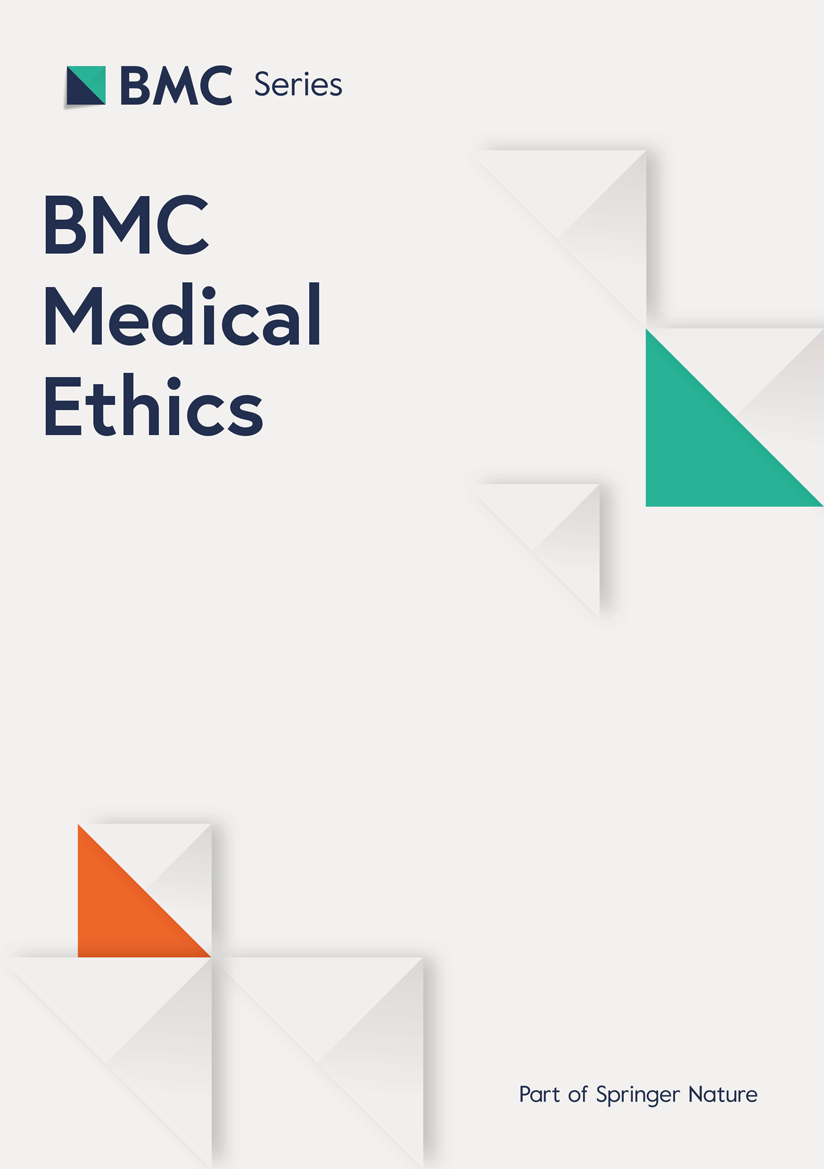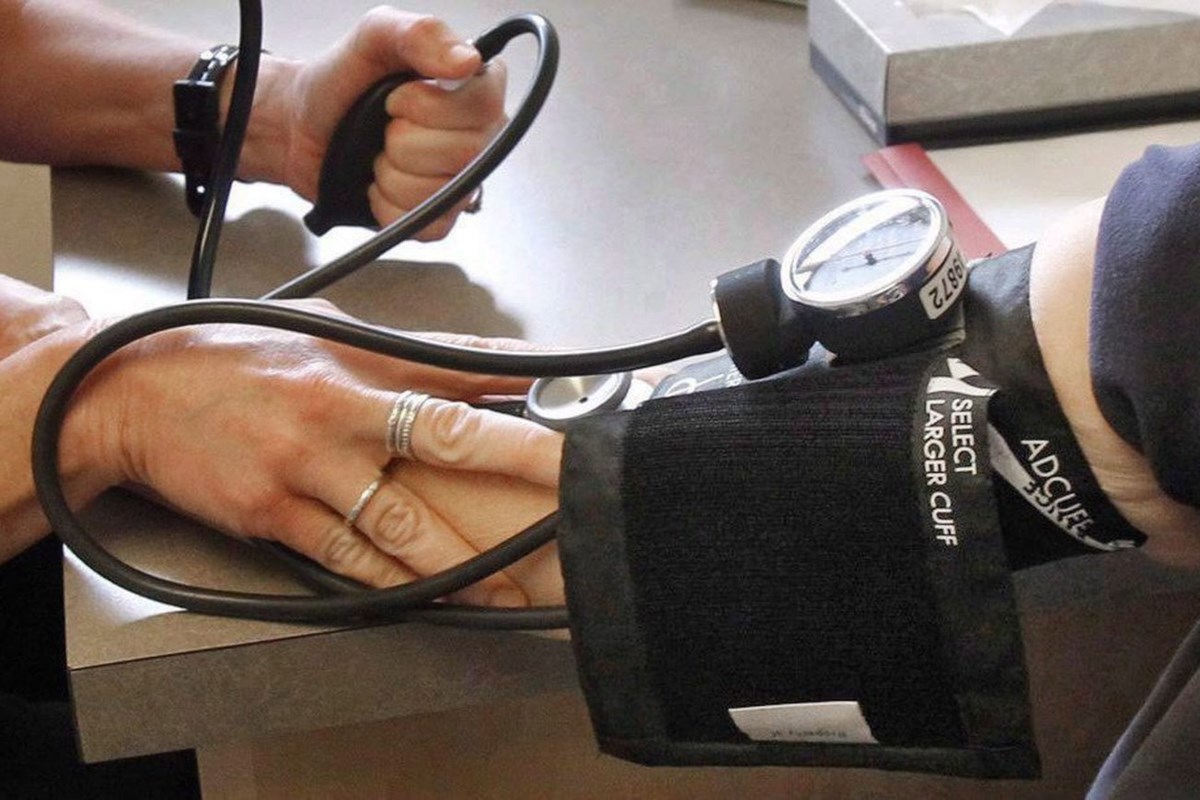
In recent years, Indonesia’s healthcare sector has been shaken by cases of ethic and norm violations that tarnish the image of the medical profession. Ironically, the perpetrators are those who are supposed to be symbols of hope and healing: doctors. Sexual abuse cases involving medical personnel targeting patients and their families have shocked the public, traumatized the victims, and undermined public trust in healthcare services.

By: Hadi Filino Gunarto
One of the most striking cases was the alleged sexual abuse by a resident doctor at Hasan Sadikin State Hospital (RSHS), Bandung, followed by an incident pertaining to a patient at an obstetrics and gynecology (OB-GYN) clinic in Garut, West Java. The medical profession ethical violation at RSHS prompted the Indonesian Medical Council (KKI) to impose a lifetime practice ban on the doctor, who has now been named a suspect by the West Java Police.
This ethical issue did not arise out of nowhere. There are several underlying factors that contribute to its violation. First, the doctor-patient relationship in Indonesia remains highly hierarchical. Doctors are seen as all-knowing and powerful, while patients tend to be passive and wholly dependent. This imbalance opens opportunities for abuse.
Second, a pervasive “culture of silence” in medical environment worsens the situation. Many victims are afraid to speak out for fear of stigma, retaliation, or disbelief. As a result, many cases remain unreported, allowing perpetrators to continue unchecked.
On the regulatory side, even though laws such as the Hospital Act (Law No. 44/2009) exist, implementation is often inconsistent. Weak law enforcement and minimal sanctions allow unethical practices to persist.
Medical ethics: Ideals vs reality
The Indonesian Code of Medical Ethics (KODEKI) clearly emphasizes integrity, responsibility, and respect for patient rights. However, violations still occur. Institutions like the Medical Ethics Honor Council (MKEK) play a critical role in upholding the code, but the process is often slow and opaque, weakening its deterrent effect.
Another fundamental problem lies in education. Ethics in medical training is still treated as an add-on, not a priority. Strengthening ethical foundations during medical school years is crucial that future doctors are not only technically competent, but also morally grounded.
Consequences
Ethical breaches − particularly involving sexual abuse or abuse of authority in treatment spaces − have wide-reaching impacts beyond the immediate victims. These cases create deep psychological trauma and a broader psychosocial effect on society. The sense of safety and trust essential to the doctor-patient relationship is replaced by suspicion, anxiety, and fear. When patients no longer feel safe or respected in spaces meant for healing, the entire recovery process, both physically and mentally, is disrupted. Many victims suffer from depression, posttraumatic stress disorder (PTSD), or avoid healthcare altogether due to their traumatic experiences.
More broadly, this trust crisis poses a serious challenge to the Indonesian Ministry of Health’s efforts to build a high-quality, humane, and patient-centered healthcare system. In recent years, initiatives have included referral system integration, digitized medical records, and improved national medical staff training. These efforts aim to make Indonesians feel safe and confident in their domestic healthcare, reducing the need for medical tourism.
However, when severe ethical breaches are not addressed transparently and firmly, these quality improvement efforts risk regression. Public skepticism toward the healthcare system grows, and distrust towards individual doctors can turn into distrust towards institutions. This undermines national healthcare legitimacy and development.
Therefore, maintaining professional integrity is not just about individual conduct; it is a vital part of building a sovereign, inclusive, and trustworthy health system. Left unaddressed, one violation can undo the dedication of thousands of committed medical professionals.
Role of hospital management, professional organizations
While decisive actions have been taken − such as the KKI’s revocation of the violator’s license − more must be done. Organizations like the Indonesian Obstetrics and Gynecology Association (POGI) and the Indonesian Medical Association (IDI) must actively engage in internal oversight, ethical training, and promoting a culture of transparency.
Hospitals play a strategic and operational role in ensuring all medical services adhere to patient safety standards, professional ethics, and legal regulations. In cases like the RSHS incident, hospital management bears not only reactive responsibilities, but also proactive duties. These include enforcing standard operating procedures (SOPs), security protocols, especially for sensitive procedures, and ensuring that staff are trained in ethics and empathetic communication.
When violations occur, the management must initiate internal investigations, report to proper authorities (KKI, MKEK, or law enforcement), and provide legal and psychological support to victims.
The Garut OB-GYN case illustrates SOP violations, where patient accompaniment is mandated during sensitive procedures. According to accreditation and service standards (KARS, Permenkes No. 34/2022), the absence of a medical chaperone − especially during invasive or intimate examinations − is a breach of both policy and basic patient rights.
What to do
Urgent reforms are necessary to prevent recurrence and restore trust. Key measures include:
Strengthening medical ethics education: Ethics must be a core pillar of medical training, with case-based learning and mentoring that instills professional responsibility and empathy.
Revamping hospital oversight systems: Hospitals must have independent ethical review units with safe, accessible reporting mechanisms free from intimidation.
Consistent legal enforcement: Violations must be prosecuted regardless of the perpetrator’s status. Firm legal action is both protection and a reflection of system integrity.
Empowering patients: Public awareness of patient rights must be expanded. People need to know they have the rights to safety, accompaniment during procedures, and the ability to report misconduct.
Conclusion
Cases like those in RSHS Bandung and the Garut OB-GYN clinic are the tip of the iceberg − a reflection of systemic weaknesses in healthcare standards and oversight. These are not isolated personal failures but symptoms of a larger structural issue. As the government pushes for a high-quality and equitable healthcare system, these cases highlight the urgency of ethical reform.
The Ministry of Health must strengthen regulatory enforcement, ensure substantial − not just administrative − hospital accreditation, and provide safe reporting systems. Healthcare transformation must extend beyond infrastructure and digitization to include ethical and cultural reform.
Hospital associations must lead internal reforms, revise SOPs, and guarantee ethical oversight − especially in sensitive services like OB-GYN. Professional organizations like IDI and MKEK must uphold accountability, act decisively, and foster transparency. Medical schools must embed ethics into practical, empathy-driven education.
Finally, civil society and the media play vital watchdog roles. A well-informed public ensures transparency and systemic improvement. Everyone deserves healthcare that upholds dignity, safety and humanity.
Now is the time for collective action. The Indonesian medical community must return to its roots: a space of service grounded in integrity. Public trust is not a given − it is earned through ongoing commitment to professionalism, transparency, and shared responsibility. Without urgent reform, we risk losing not just trust, but the future of a humane healthcare system.
The writer is a public health observer and former CEO of PT Pindad Medika Utama (Pindad Hospital Holding).
link






